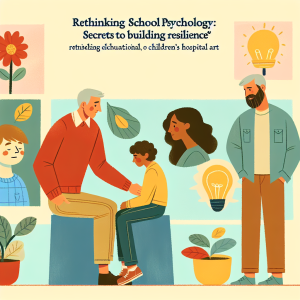
Four Types of Autism: Understanding the New Findings and Their Impact on School Psychology
Recent groundbreaking research has identified four distinct subtypes of autism, each with unique genetic signatures and developmental paths. Researchers from Princeton University and the Simons Foundation utilized a powerful new computational method to analyze data from over 5,000 children with autism. These discoveries promise a revolution in the way autism is understood, diagnosed, and treated. […]
Read more →




